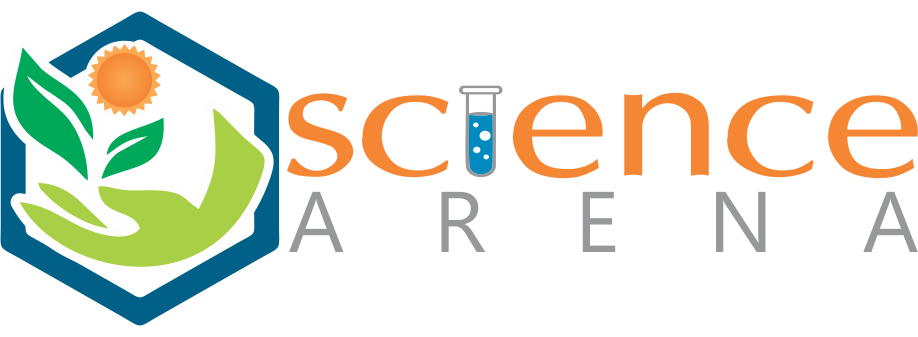Women's health encompasses a wide range of physical, mental, and reproductive well-being considerations that are specific to the female body. Understanding and addressing these unique health needs is crucial for promoting optimal health throughout a woman's life. In this blog post, we will explore various aspects of women's health, including reproductive health, hormonal changes, mental well-being, and specific conditions that affect women. Let's delve into the fascinating world of women's health and discover ways to support women in achieving their best health.
The Female Reproductive System: Anatomy, Function, and Hormonal Regulation The female reproductive system is a complex network of organs responsible for fertility and menstruation. Exploring the intricacies of this system, we'll delve into the anatomy and functions of the ovaries, uterus, fallopian tubes, and vagina. Additionally, we'll discuss the hormonal regulation that governs the menstrual cycle and the role of key hormones such as estrogen and progesterone. Understanding this system provides a foundation for comprehending the unique health needs of women.
Menstrual Cycle:
Understanding the Phases and Common Issues The menstrual cycle plays a central
role in a woman's reproductive health. We'll break down the different phases of
the menstrual cycle, including menstruation, follicular phase, ovulation, and
luteal phase. Exploring each phase's characteristics and hormonal changes,
we'll discuss common menstrual issues such as irregular periods, premenstrual
syndrome (PMS), and menstrual cramps. Practical tips for managing menstrual
discomfort and promoting menstrual health will also be provided.
Pregnancy: A Journey
Through Conception, Gestation, and Childbirth Pregnancy is a transformative
experience unique to women. We'll embark on a journey through conception,
discussing fertilization and early embryonic development. Moving forward, we'll
cover the stages of gestation, addressing the physical and emotional changes
that occur during pregnancy. Furthermore, we'll explore the importance of
prenatal care, including regular check-ups, prenatal vitamins, and healthy
lifestyle choices. Lastly, we'll touch upon childbirth options, childbirth
education, and the significance of postpartum care.
Hormonal Changes and
Menopause: Navigating the Midlife Transition Menopause marks a significant
milestone in a woman's life. We'll delve into the hormonal changes that occur
during perimenopause and menopause, explaining the decline in estrogen and
progesterone production. Discussions will encompass common symptoms experienced
during this transition, such as hot flashes, night sweats, mood changes, and
sleep disturbances. Strategies for managing menopausal symptoms, including
hormone replacement therapy and lifestyle adjustments, will be explored.
Breast Health: Screening,
Self-Examination, and Common Conditions Breast health is of paramount
importance in women's health. We'll highlight the significance of regular
breast self-examinations and clinical screenings for early detection of breast
abnormalities. Furthermore, we'll address common breast conditions such as
fibrocystic breasts, benign breast lumps, and breast cancer. Providing
information about breast cancer risk factors, diagnostic procedures, treatment
options, and survivorship resources will be a key component of this section.
Women's Mental Health:
Gender-specific Challenges and Support Women face specific mental health
challenges due to biological, hormonal, and socio-cultural factors. We'll
explore conditions that predominantly affect women, including postpartum
depression, perinatal mood disorders, anxiety disorders, and eating disorders.
Discussions will revolve around recognizing the signs and symptoms, seeking
professional help, and accessing mental health support and resources. Promoting
self-care practices, stress management techniques, and fostering emotional
well-being will also be emphasized.
Sexual and Reproductive
Health: Contraception, STIs, and Family Planning Sexual and reproductive
health plays a significant role in women's overall well-being. We'll discuss
various contraception methods, including hormonal contraceptives, barrier
methods, and long-acting reversible contraception (LARC). Emphasizing the
importance of STI prevention, testing, and treatment, we'll address common
sexually transmitted infections and their potential consequences. Family
planning options, fertility awareness methods, and reproductive health rights
will also be covered.
Women's Cardiovascular Health:
Risks, Prevention, and Heart Disease Awareness Cardiovascular diseases are a
leading cause of mortality in women. We'll raise awareness about the unique
risks and symptoms of heart disease in women, dispelling the misconception that
it predominantly affects men. Discussions will encompass risk factors such as
hormone levels, pregnancy-related conditions, and lifestyle factors. Promoting
preventive measures, heart-healthy habits, regular cardiovascular check-ups,
and awareness of heart disease symptoms will be key focus areas.
Women's health needs are diverse
and complex, encompassing various physical, mental, and reproductive aspects.
By gaining a deeper understanding of these unique health considerations, we can
empower women to make informed decisions about their well-being. From menstrual
health to reproductive milestones, mental wellness to sexual and cardiovascular
health, supporting women's health requires continuous education, advocacy, and
access to comprehensive healthcare. Together, let's prioritize women's health
and contribute to a healthier, more empowered future for all women.

